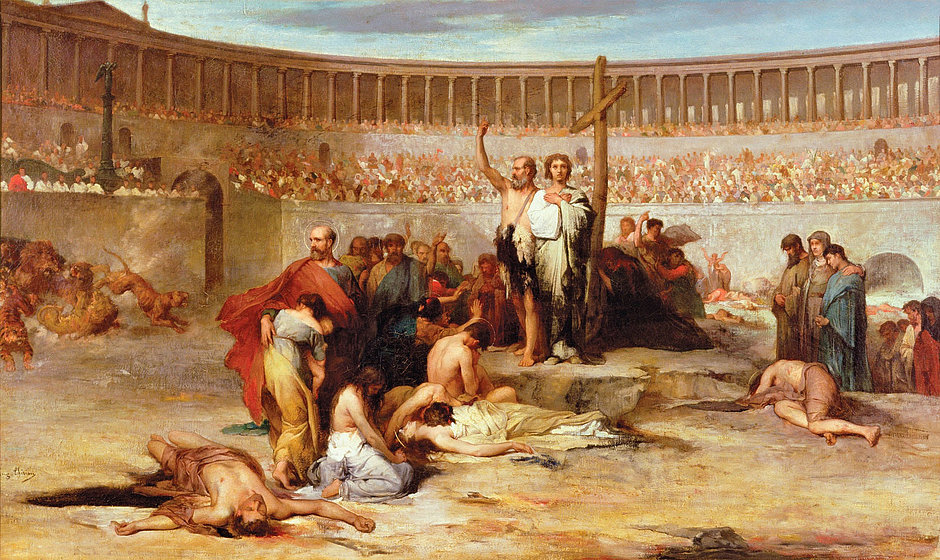In the early Roman Empire, religious plurality was the norm. Pagan gods, especially those of the Greek pantheon, were widely venerated. Religious devotion was seen as part of one's loyalty to the empire.
But the rise of Christianity – a monotheistic, pacifistic, and emperor-skeptical movement – challenged the very fabric of Roman cultural and religious identity. Christians refused to worship the emperor, didn’t pay taxes tied to pagan rites, and became targets of state-sponsored oppression: imprisonment, torture, confiscation of property, and execution.
Then, on June 13, 313, Roman Emperors Constantine I and Licinius met in Milan and signed what would become known as the Edict of Milan. This decree not only put an end to the official persecution of Christians but also granted full religious freedom to all citizens of the empire.
One key passage reads:
“…to grant both to Christians and to all men freedom to follow whatever religion each one wishes, so that whatever divinity there is in heaven may be favorable to us and to all under our rule.”
This act is viewed as Constantine’s first public endorsement of Christianity. It marked a dramatic turning point in Roman and world history, paving the way for Christianity to become the dominant religion of the Western world.
